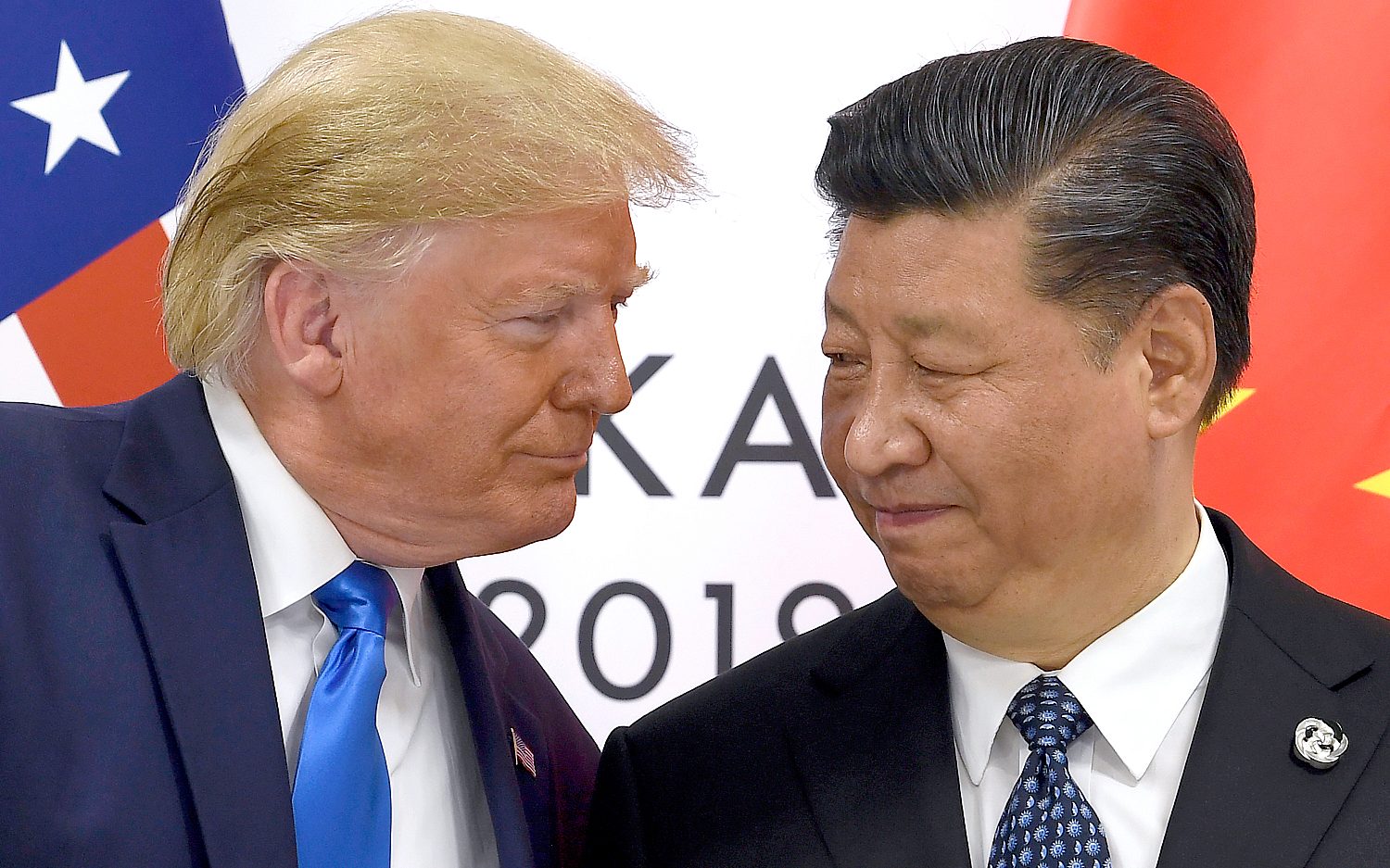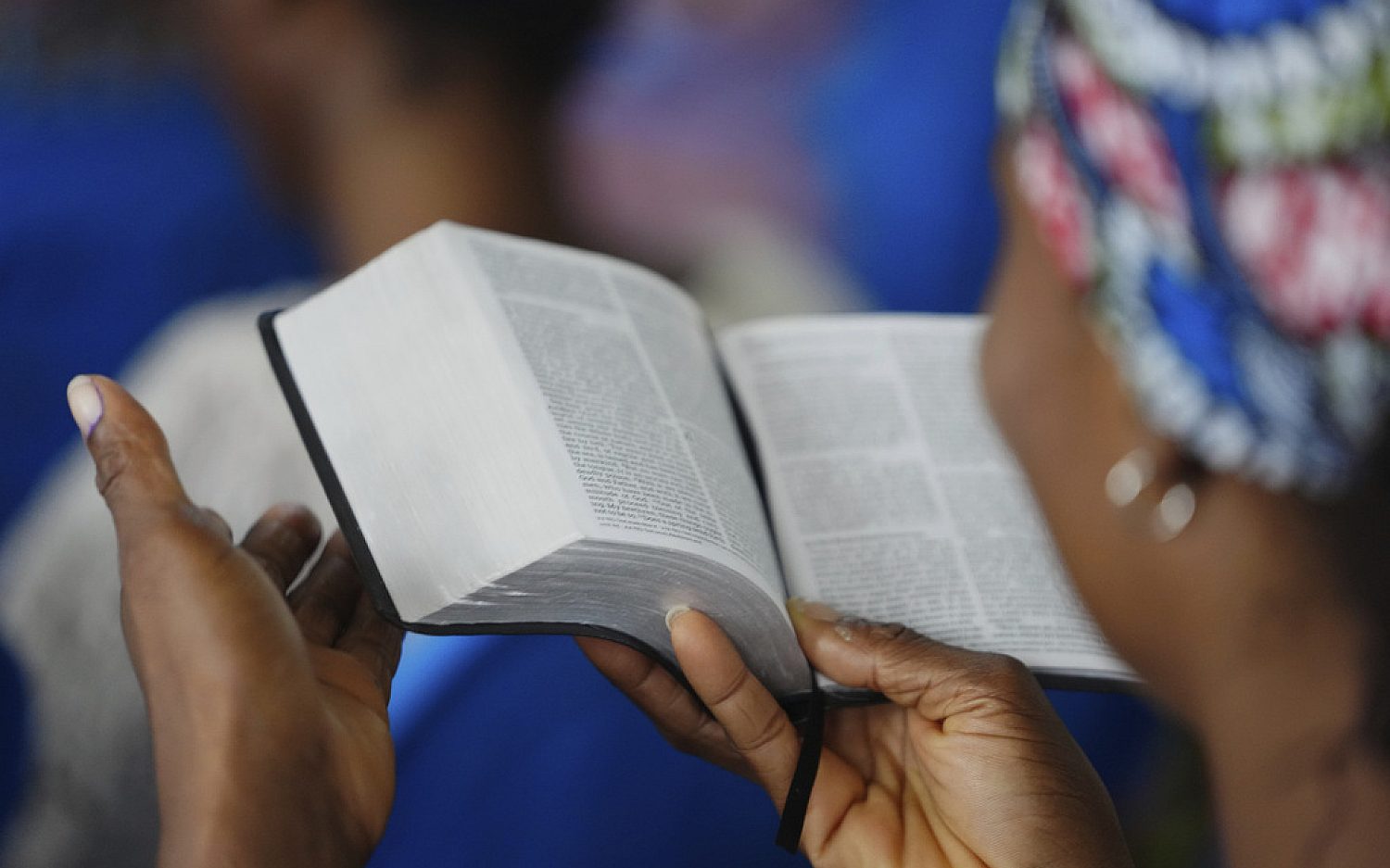Breaking down the government's role in marriage
Last week, the 4th U.S. Circuit Court of Appeals heard arguments for and against the ban on same-sex marriage in Virginia, which a federal judge found unconstitutional.
Legal heavy hitters again represented the gay couples who sued in Virginia for the right to marry. Ted Olson and David Boies are the same legal team who argued against California’s Proposition 8 before the U.S. Supreme Court last year.
The three judges hearing the Virginia case were quite pointed with their questions, ranging from states’ rights to the history and tradition of the family unit. Judge Roger Gregory, appointed by President Barack Obama, was particularly critical of mom-and-dad-defined marriages, equating them to a totalitarian system. Gregory acted outraged when David Oakley, the lawyer defending a Virginia court clerk and the majority of Virginia voters, said the government had a legitimate interest in protecting children through the marriages of their biological parents.
“To protect the children?” Gregory asked, “[A] totalitarian system where you people are baby makers and you get married for the interest of the state? Do you require married people to have children? Do you ban 90-year-old couples from getting married?”
“You cannot constitutionally put a procreation requirement in marriage,” Oakley responded. “However, it is still a legitimate government interest.”
Gregory saw no difference between race and gender, bringing up the 47-year-old case that overturned prohibitions against interracial marriage. He also brought up a prisoner’s right to marry, but Alliance Defending Freedom lawyer Austin Nimocks countered by pointing out that the Supreme Court recognized inmates are expected to be released and eventually to consummate their marriages. The Supreme Court has denied the right to marry to a prisoner who was incarcerated for life without parole.
“The distinction between prisoners in those two cases is that one was expected to get out and consummate his marriage, reaffirming the procreative link to the fundamental right,” Nimocks said.
There is no time limit for when the appeals court must decide this case. Ultimately, whether voters, states, judges, or the federal government has the power to decide this fundamental matter rests with the Supreme Court.
Lynde Langdon contributed to this report.
An actual newsletter worth subscribing to instead of just a collection of links. —Adam
Sign up to receive The Sift email newsletter each weekday morning for the latest headlines from WORLD’s breaking news team.





Please wait while we load the latest comments...
Comments
Please register, subscribe, or log in to comment on this article.